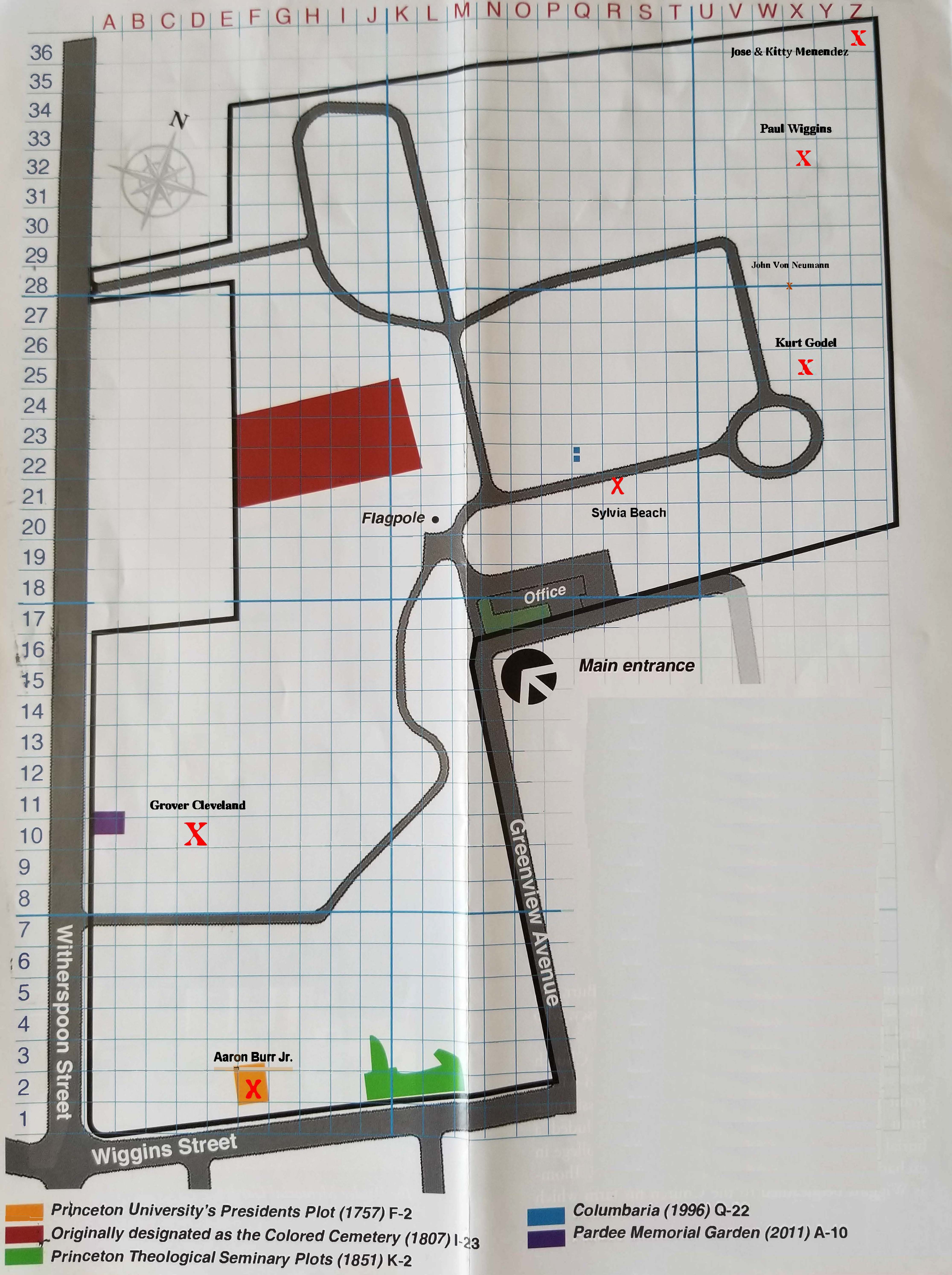Aaron Burr Sr.
Birth Name:
Aaron Burr
Birth Date:
January 4, 1716
Birth Place:
Fairfield, Connecticut Colony
Death Date:
September 24, 1757
Place of Death:
Princeton, Province of New Jersey
Age:
41
Cause of Death:
Fever
Cemetery Name:
Princeton Cemetery
Claim to Fame:
Historical Figure
Associates:
Aaron Burr Sr. was a notable Presbyterian minister and college educator in colonial America. He was a founder of the College of New Jersey (now Princeton University) and the father of Aaron Burr (1756–1836), the third vice president of the United States. When Jonathan Dickinson, the first president of the College, died soon after his appointment in 1747, Burr (who taught at the College) then became the second president on November 9, 1748. During his tenure (1748–1757), the curriculum was settled, the student body increased from 8 in 1747 to 40–50 in 1751, and the first commencement was held. Among the first graduates was Richard Stockton, a signer of the Declaration of Independence; five others became Presbyterian ministers. Burr moved the College to its permanent home at Princeton, New Jersey, where he supervised the construction of Nassau Hall, Princeton's best-known structure and the largest building in colonial New Jersey when it was completed in 1756. In 1755, Burr was relieved of his pastoral duties in order to concentrate full-time on his work at Princeton. At age 32, he became the youngest person ever to serve as president of Princeton.
Cemetery Information:
Final Resting Place:
Princeton Cemetery
29 Greenview Avenue
Princeton, New Jersey, 08542
USA
North America
Map:

Grave Location:
Princeton University Presidents Plot F-2Grave Location Description
As you enter the cemetery take the first very hard left turn at the flagpole and wind around the cemetery until you see the locked exit gate to Witherspoon Street. Park and walk to the left towards the fence boundary with Wiggins Street and look for the tall, usually decorated monument to Aaron Burr Jr. His father and former President of Princeton University is directly behind his son.
Grave Location GPS
40.35246424439561, -74.66020134641678Visiting The Grave:
Photos:
[+]
[+]
[+]
[+]
[+]
[+]
[+]
[+]
[+]
FAQ's
Aaron Burr Sr. was born on January 4, 1716.
Aaron Burr Sr. was born in Fairfield, Connecticut Colony.
Aaron Burr Sr. died on September 24, 1757.
Aaron Burr Sr. died in Princeton, Province of New Jersey.
Aaron Burr Sr. was 41.
The cause of death was Fever.
Aaron Burr Sr.'s grave is in Princeton Cemetery
Read More About Aaron Burr Sr.:
Videos Featuring Aaron Burr Sr.:
See More:
Back to Top


